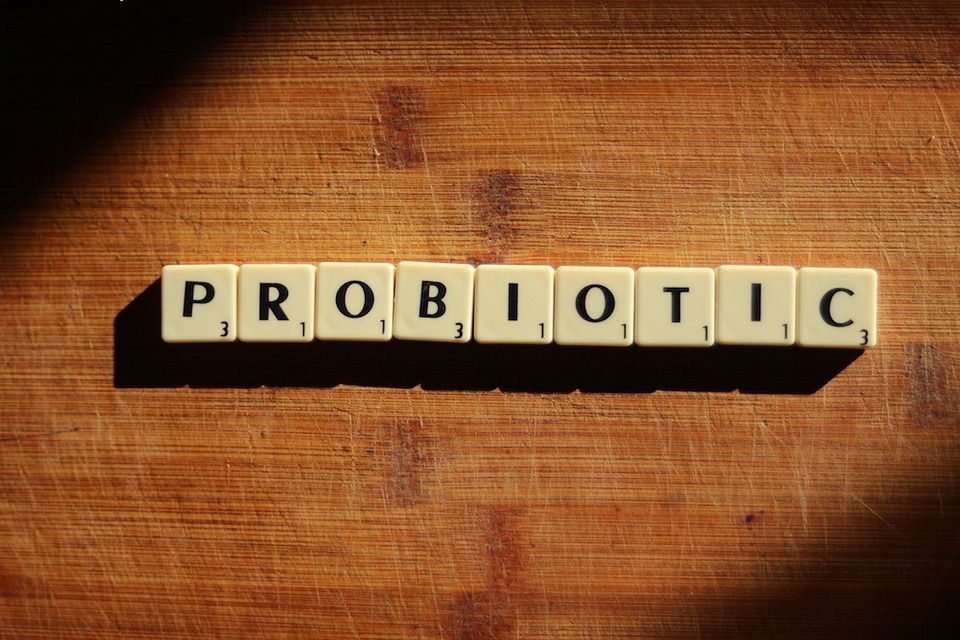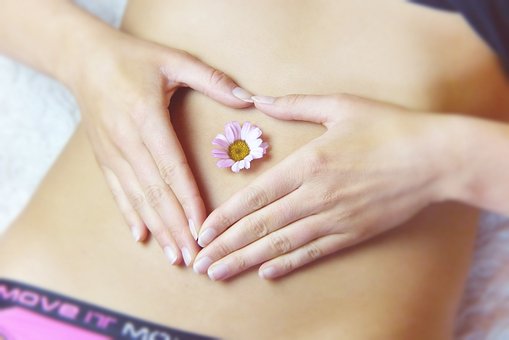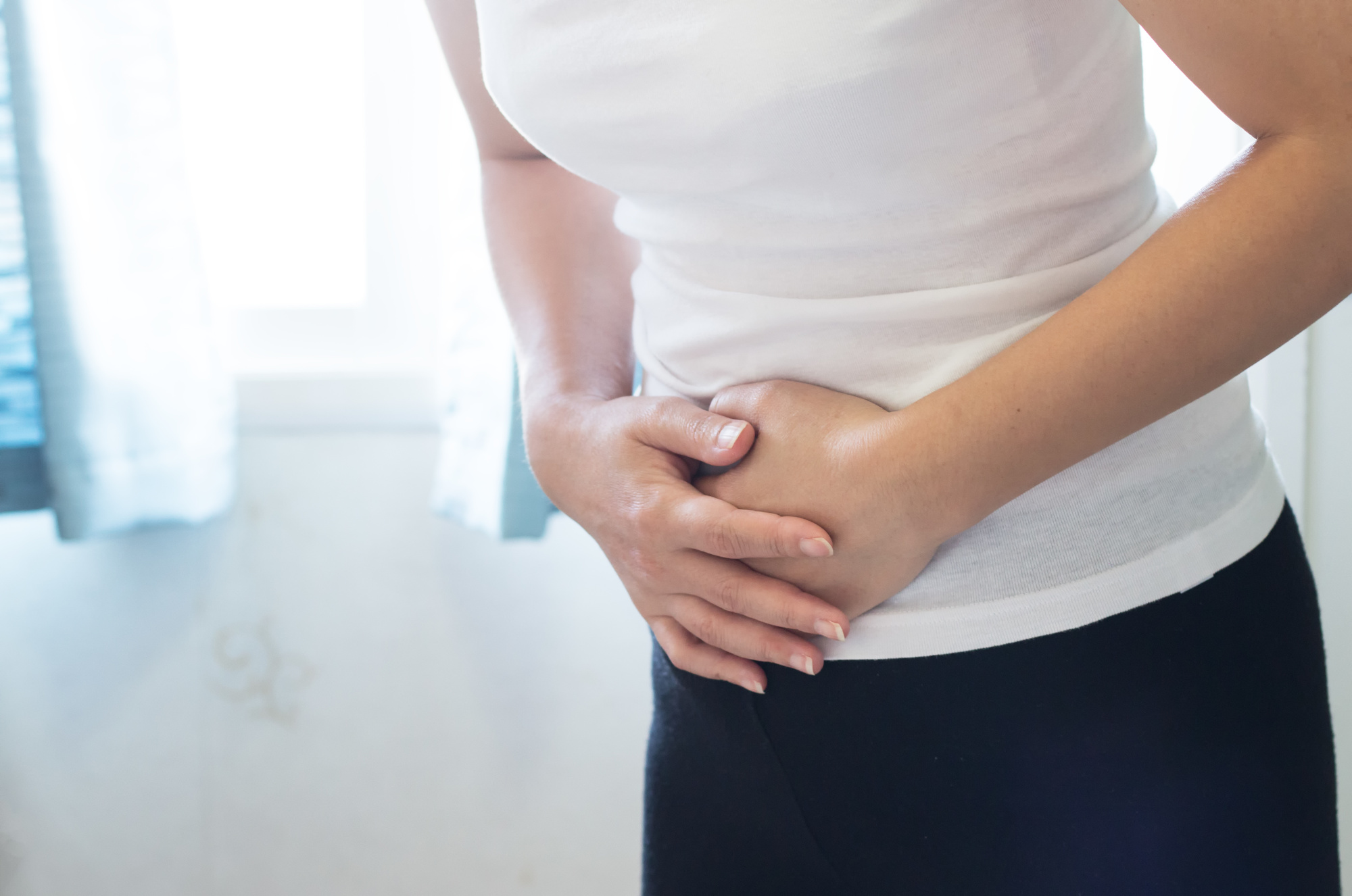Depression is a common and debilitating mental health condition that affects millions of people worldwide. While there are many treatments available, recent research has shown that probiotics may be a promising tool in the fight against depression. In this blog post, we’ll take a closer look at the connection between gut health and depression and how probiotics may hold the key to treatment.
The Link Between Gut Health and Depression
The gut-brain connection refers to the communication network between the gut and the brain. This network is made up of the nervous system, immune system, and hormonal system, and it plays a crucial role in regulating mood, cognition, and behavior.
The gut microbiome, which is made up of trillions of bacteria and other microorganisms, is an essential part of the gut-brain connection. The gut microbiome can influence the production of neurotransmitters like serotonin and dopamine, which are essential for regulating mood and emotions.
Recent research has shown that there is a strong link between gut health and depression. People with depression often have imbalances in the gut microbiome, which can lead to the production of stress hormones and inflammation. Improving gut health through the use of probiotics may be a promising tool in the fight against depression.
How Probiotics Can Help with Depression
Probiotics are beneficial bacteria that live in the gut and help support overall health. Here are some ways that probiotics can help with depression:
1. Increased Production of Serotonin
Serotonin is a neurotransmitter that is essential for regulating mood and emotions. Probiotics can increase the production of serotonin in the gut, which can help reduce symptoms of depression.
2. Reduced Inflammation
Chronic inflammation has been linked to a range of health issues, including depression. Probiotics can help reduce inflammation in the gut, which can have a positive impact on overall health and mood.
3. Improved Gut Barrier Function
The gut barrier is a protective layer that separates the gut from the rest of the body. When the gut barrier is compromised, harmful bacteria and toxins can enter the bloodstream and cause inflammation. Probiotics can help improve gut barrier function, which can reduce inflammation and improve overall health and mood.
The Best Probiotics for Depression
There are many different types of probiotics, and choosing the right ones can be overwhelming. Here are some of the best probiotics for depression:
1. Lactobacillus Acidophilus
Lactobacillus acidophilus is a type of bacteria that has been shown to reduce symptoms of depression and anxiety in animal studies. It may also help improve gut health and reduce inflammation.
2. Bifidobacterium Bifidum
Bifidobacterium bifidum is a type of bacteria that has been shown to reduce symptoms of depression and anxiety in animal studies. It may also help improve gut health and reduce inflammation.
3. Lactobacillus Plantarum
Lactobacillus plantarum is a type of bacteria that has been shown to reduce symptoms of depression and anxiety in animal studies. It may also help improve gut health and reduce inflammation.
4. Bifidobacterium Longum
Bifidobacterium longum is a type of bacteria that has been shown to reduce symptoms of depression in animal studies. It may also help improve gut health and reduce inflammation.
Incorporating Probiotics into Your Diet
In addition to taking probiotic supplements, there are many ways to incorporate probiotics into your diet. Here are some ideas:
1. Yogurt
Yogurt is a popular probiotic food that can be enjoyed as a snack or used in recipes.
2. Kefir
Kefir is a fermented milk drink that is rich in probiotics. It can be enjoyed on its own or used in smoothies and other recipes.
3. Sauerkraut
Sauerkraut is a fermented cabbage dish that is rich in probiotics. It can be used as a topping for sandwiches, salads, and more.
4. Kimchi
Kimchi is a fermented vegetable dish that is rich in probiotics. It can be used as a side dish or added to recipes for extra flavor and nutrition.
Choosing the Right Probiotics for Depression
Choosing the right probiotics is important to ensure that you get the maximum benefits for your depression. Here are some factors to consider when choosing a probiotic:
1. Probiotic Strains
Different probiotic strains have different benefits, so it’s important to choose a probiotic that contains the right strains for your needs. Look for probiotics that contain the Lactobacillus and Bifidobacterium strains, which are the most well-studied probiotic strains for depression.
2. Quality
Choose a probiotic from a reputable brand that has been tested for quality and purity. Look for probiotics that contain live and active cultures, which means that the beneficial bacteria are still alive when you consume it.
3. Dosage
The dosage of probiotics can vary depending on the brand and product. It’s important to follow the dosage instructions on the label to ensure that you are getting the right amount of probiotics for your needs.
Precautions and Side Effects
While probiotics are generally safe for most people, there are some precautions and potential side effects to be aware of. Here are some things to keep in mind:
1. Allergies
If you have a dairy allergy, be cautious when consuming probiotics that contain milk or other dairy products. Look for dairy-free probiotics instead.
2. Digestive Issues
Some people may experience digestive issues like bloating, gas, and diarrhea when first starting probiotics. This is usually temporary and should subside within a few days.
3. Immune System Issues
If you have a weakened immune system or are taking immunosuppressant medications, talk to your doctor before taking probiotics.
4. Interactions with Medications
Probiotics may interact with certain medications, so be sure to talk to your doctor before taking probiotics if you are taking any medications.
Conclusion
Depression is a complex condition that requires a multifaceted approach to treatment. While probiotics are not a stand-alone treatment for depression, they may be a promising tool in the fight against this debilitating condition. By improving gut health and reducing inflammation, probiotics can have a positive impact on overall mood and mental health. When choosing a probiotic, be sure to choose one that contains the right strains for your needs and follow the dosage instructions on the label. With the right probiotics and a healthy diet, you can take control of your gut health and improve your mental wellbeing.







